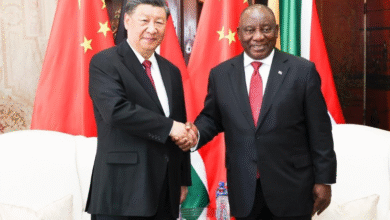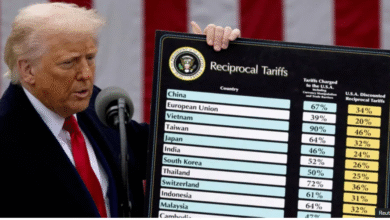Developing Nations to Host 85% of Global Population by 2050 — World Bank Warns of Jobs Challenge

By 2050, over 85 percent of the world’s population will live in developing countries, a shift that is already redefining the global economy and posing fresh challenges for growth and stability.
World Bank Group President Ajay Banga, speaking at the 2025 Annual Meetings, said the change is most visible in Africa, where populations are expanding at an unprecedented rate. Nigeria’s population alone is expected to grow by about 130 million, making it one of the most populous countries in the world. Zambia will add roughly 700,000 people annually, while Mozambique’s population is projected to double within the next 25 years.
Beyond the numbers, these trends represent millions of young people entering adulthood, energetic, ambitious, and eager for opportunity. Yet, the concern is how economies will absorb them. Over the next 10 to 15 years, an estimated 1.2 billion young people will join the global workforce, but only about 400 million jobs are expected to be available.
“That means for every three young people seeking work, two may not find it,” Mr. Banga cautioned. He warned that without urgent and targeted action, youth optimism could give way to frustration, fueling instability and migration pressures that affect every region.
He urged governments to make job creation central to national development and security strategies, describing employment as “the foundation for stability and progress.”
The World Bank, he said, is shifting its focus toward helping countries create opportunities and build resilience, rather than simply responding to crises after they occur.
For developing countries, the message is clear — investing in education, entrepreneurship, and employment is not optional but critical to sustaining growth.
In Africa, the world’s youngest continent, this demographic boom could either power the next wave of global prosperity or deepen inequality if opportunities remain scarce. With the right investments in skills, innovation, and sustainable industries, Africa’s youth could drive worldwide growth for decades.
But without these measures, unmet expectations could weigh heavily on societies and economies alike. The coming 25 years, Banga noted, will test how well developing nations can turn population growth into shared prosperity — and how ready the world is to support that transformation.




